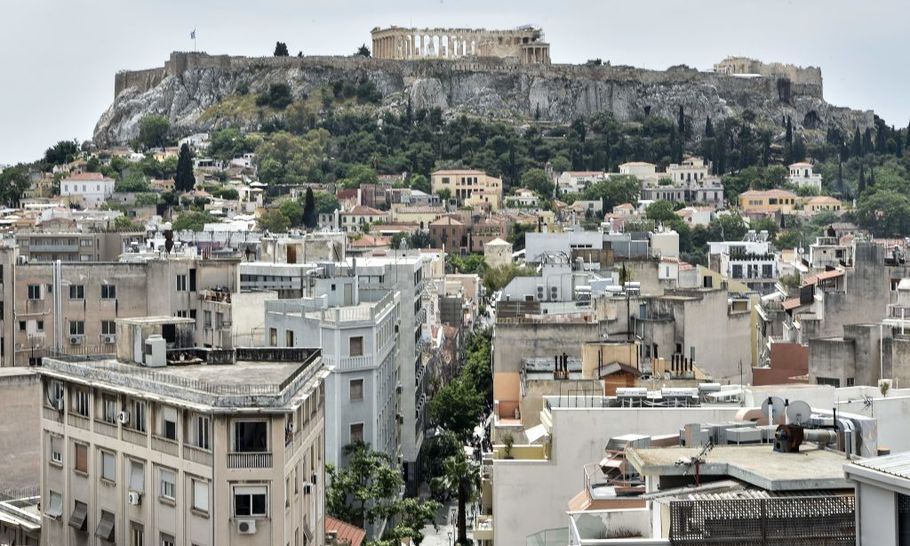Will Britain stand by an old friend?

(Photo credit should read LOUISA GOULIAMAKI/AFP via Getty Images)
Two hundred years ago, the people of Greece rose up and demanded freedom from their Turkish overlords. The campaign for Greek independence and sovereignty caught the imagination of the British people. The most famous of the many Brits who threw themselves whole-heartedly into the struggle for Greek freedom was the poet Lord Byron who died in Greece while supporting the campaign.
Greece has always had a peculiar hold on the British, or perhaps the English sensibility. In the last two centuries our love affair with Greece has continued unabated. Patrick Leigh Fermor’s dashing exploits in the Second World War or Churchill dropping everything to hurry to Athens for Christmas 1944 to stop a Soviet communist enslavement of Greece are examples. Christopher Hitchens, the English polemicist, cut his teeth writing against the Turkish invasion and occupation of northern Cyprus and then a splendid book calling for the return of the Parthenon marbles looted by a syphilitic Scottish peer, Lord Elgin.
Now Greece needs help again while the European Union is asleep at the wheel. Turkey is mobilising against Greece in a manner not seen for decades. The Turkish president Recep Tayyip Erdogan is an obsessive Islamist who drones on about Islam in meetings with foreign leaders. In his 20s he staged a play in Istanbul about Jews and Masons controlling the world. Worryingly, he boasted recently, “Greece will be responsible for all conflicts in [the] region, and will be at a disadvantage.”
His vice president, Fuat Oktay, said this week it was time to look again at international agreements protecting Greek islands in the Aegean and that the 1947 Paris treaties which settled the borders of post-war Europe, including those between Greece and Turkey, should be opened up.
Turkey’s foreign minister, Mevlut Cavusoglu, described as an “act of war”, Greece’s insistence on its territorial water rights which are governed by UN law of the sea conventions and other treaties.
Talk of redrawing borders and using force if necessary is the language of the 1930s. There has been excitement about possible gas fields in the East Mediterranean, though energy economists agree that the cost of extracting gas from the Med’s very deep waters is too great to be profitable. Greece has signed a pipeline deal with Israel.
Meanwhile the EU, in the shape of EU’s chief adviser on foreign affairs, Nathalie Tocci, says this is just a local quarrel to be settled between Ankara and Athens with concessions needed on both side. She is wrong. Erdogan has run Turkey’s economy into the ground with rampant inflation and an ever-devaluing currency.
He is obsessed with religion as shown by his decision to turn the Istanbul cathedrals of orthodox Christendom into mosques. Europe should make clear that it stands with Greece. If Brussels is weak and wobbly, then today as in the 1820s, Britain should stand shoulder to shoulder with the Greek people at this dangerous moment for democracy in the Mediterranean.





